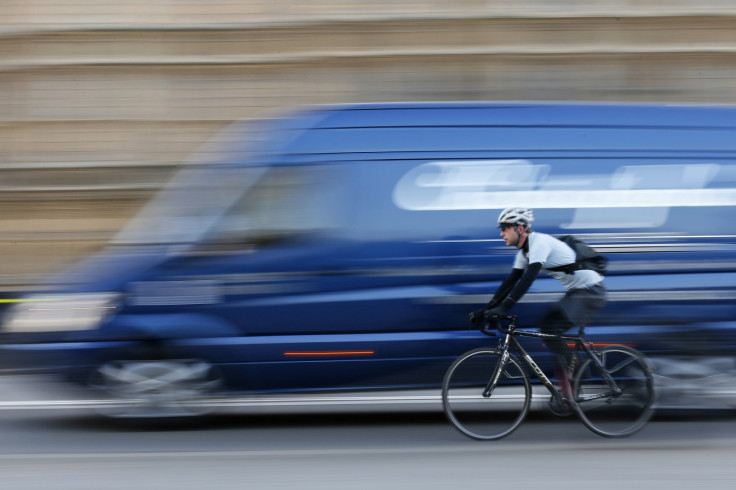Cycle to Work Day 2014: Find Out Why Two Wheels are Better than Four

Two wheels are better than four – that is the message the organisers of this year's Cycle to Work Day want to spread.
The group's 'call to bike' has led to more than 17,000 people pledging to cycle to work on 4 September instead of using other forms of transport.
Staggeringly, that means almost eight million calories will be burnt between the budding bikers.
The scheme, which is backed by 2012 Paralympic Games gold medal winner Dame Sarah Storey, also promotes the financial incentives of cycling to work.
"The campaign is a great way to raise the profile of everyday cycling in the UK and will hopefully help show people that you don't need to be a professional athlete to cycle to work," said Storey.
The organisation claimed more than £114,000 ($187,487, €142,689) will be saved because of the initiative.
The national event comes after the Office for National Statistics revealed cycling to work has had a popularity surge between 2001 and 2011.
The total number of working residents taking their bikes to work across England and Wales rocketed by 90,000 over the period, according to the research body.
But the 13.9% average hike looked small when compared with the popularity boost cycling to work has enjoyed in London.
The ONS said the number of people choosing to cycle to work in the capital jumped from 43,494 in 2001 to 106,219 in 2011 – an impressive 144% increase.
In particular, the study found there was a sharp increase in the percentage of commuters in London in their early thirties cycling to work, rising 2.3% to 5.2% over the same period.
But what is all the fuss about? Why should workers not take the bus or Tube to work?
According to the NHS, regular cycling can help you lose weight, reduce stress and improve your fitness. For example, the health organisation said someone who weighs 80kg will burn more than 650 calories with an hour's riding.
Cycling to work could also boost British business. More than 130 million days are still being lost to sickness absence every year in UK and working-age ill-health costs the national economy £100bn a year, according to the Department for Work and Pensions.
The government has also warned that as many as 960,000 employees were on sick leave for a month or more each year on average between October 2010 and September 2013.
By getting on their bikes, workers can become fitter and inadvertently help the economy grow.
There are, therefore, lots of reasons why two wheels are better than four.
© Copyright IBTimes 2025. All rights reserved.






















